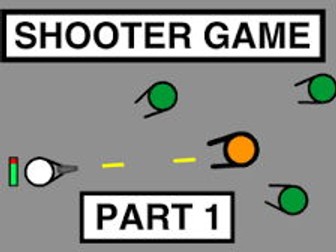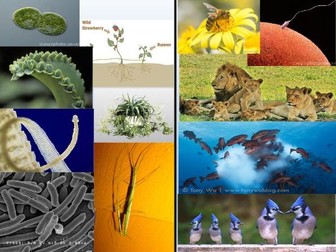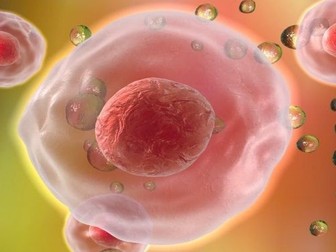Scratch: building a zombie game
<p>Powerpoints and scratch files showing clearly how to code a zombie game in scratch.</p>
<p>Two powerpoints showing how to first of all make a scratch game then how to add extras e.g. make it two player</p>
<p>Links to the youtube videos which were adapted into teachable powerpoints.</p>
<p>These lessons are very engaging for KS2, KS3/ KS4 and useful for game design.</p>
<p>Students will learn:<br />
Use drawing tools<br />
Be able to identify and use:<br />
Events<br />
Loops<br />
Selection<br />
Variables</p>
<p>Use problem solving skills to:<br />
Create code in Scratch to control sprites<br />
Develop code in Scratch – independently if possible</p>




